Post # 17 – Amidst the fog and cloudiness
Dear Family
& Friends,
I hope you
are all making it a great week! I know that sometimes we are going from day to
day, sometimes hour by hour, and sometimes even minute by minute – especially
if you are having migraine days!! I have had so many of those throughout my
life that it became the norm for me, on those days I knew that the pain was
inevitable. I also knew that I had no choice in the matter because sometimes
the medication the doctors had given me worked or sort of, but most times it
didn’t, however I still had to work and do my job to the best of my ability
each day. On those days, you had to choose to make them great days!!
I guess, just
as I had to make changes in my daily routine when I had ‘my migraine days’, and
the things that I have had to change in my life since I was diagnosed with
stage IV breast cancer, just to get through the day, the hour or the minute. I
am sure that each of you have experienced times in your life when something
beyond your control has either helped or forced you to make a change or two (or
more) in your life, so that you too, could make it through the day doing things
to the best of your ability.

Sometimes, like when I had my migraine headaches that would last for several days and
nights with little to no relief it certainly was a lot harder to get through each
day, but when you have to support your family – what else can you do, but get
through the day, the very best that you can, right? So, some changes that I had
to make – was to wear dark glasses; use a lot of ice packs throughout the day
when I could, but this was not always an option when I was at work; I needed to
change my lesson plans to accommodate a quiet atmosphere and do some ‘low-key’
things – those things that were quiet, but required me to focus on what was at
hand so that I was distracted from focusing on my pain, just to name a few. Is
any of this making sense or are you all in total confusion already?
Along with my
diagnosis with cancer there were some major changes that I have needed to make
in my daily routine, just to make my day more ‘normal’ or more like it used to
be before the diagnosis. For example: my new normal kind of looks like this – I
do not have the energy that I need to get through most days, so I need to plan
my day with rest or down times throughout; I am not hungry or do not have an
appetite, and even when I am hungry, my favorite foods do not taste the same –
sometimes they do not taste good at all. I eat, because I know I need to, to
keep up my strength...

Another thing that has changed -- I would not dare to plan my day without making sure that a
bathroom is close enough to get to rather quickly if the need arises –
especially on my chemo therapy weeks, as you never know just how quickly those
drugs will find their exit through your body (sorry if that was too much
information, but facts are what they are!); some days my brain is in ‘chemo
brain’ mode, which makes it hard to focus on things – my brain is sort of mush
and not very helpful☹ Oh, wait! That is how I always am,
right? 😊 There’s a smile for you, just in case
you need one to help you through your day!
Oh, I forgot,
some of you may not know or have never before heard of the term ‘chemo brain’ –
it really is a thing. When I first heard of it, I wasn’t sure that it wasn’t just
referring only to those who had some form of cancer in the brain, which I am so
grateful that I do not have. The Mayo
Clinic says the following:
Chemo brain is a common term used by cancer survivors
to describe thinking and memory problems that can occur after cancer treatment.
... Though chemo brain is a widely used term, it's misleading.
It's unlikely that chemotherapy is the sole cause of
concentration and memory problems in cancer survivors If you want to learn more you can go
here:
https://www.mayoclinic.org/diseases-conditions/chemo-brain/symptoms-causes/syc-20351060
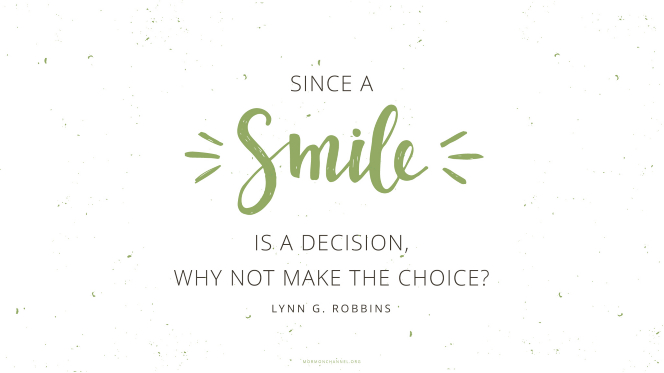
I found the
following from the American Cancer Society website:
Chemo Brain
This information is
about adults with cancer. To learn more about the effects of cancer treatments
in children (including brain problems), see Children Diagnosed With Cancer: Late Effects of Cancer
Treatment.
For years people with cancer have worried
about, joked about, and been frustrated by the mental cloudiness they sometimes
notice before, during, and after cancer treatment. Even though its exact cause
isn’t known, and it can happen at any time when you have cancer, this mental
fog is commonly called chemo brain.
The sometimes vague yet distressing mental
changes cancer patients notice are real, not imagined. They might last a short
time, or they might go on for years. These changes can make people unable to go
back to their school, work, or social activities, or make it so that it takes a
lot of mental effort to do so. Chemo brain affects everyday life for many
people with cancer.
What is chemo brain?
Here are just a few examples of what patients
call chemo brain:
- Forgetting things that they
usually have no trouble recalling (memory lapses)
- Trouble concentrating (they
can’t focus on what they’re doing, have a short attention span, may “space
out”)
- Trouble remembering details
like names, dates, and sometimes larger events
- Trouble multi-tasking, like
answering the phone while cooking, without losing track of one task
(they’re less able to do more than one thing at a time)
- Taking longer to finish things
(disorganized, slower thinking and processing)
- Trouble remembering common
words (unable to find the right words to finish a sentence)
Doctors and researchers call chemo brain many
things, such as cancer treatment-related cognitive impairment, cancer-therapy
associated cognitive change, or post-chemotherapy cognitive
impairment. Most define it as a decrease in mental “sharpness” – being
unable to remember certain things and having trouble finishing tasks or
learning new skills
How long chemo brain lasts is a major factor
in how much it affects a person’s life. When it starts, how long it lasts, and
how much trouble it causes can vary a lot.
For most people, brain effects happen quickly
and only last a short time. Others have long-term mental changes. Usually the
changes that patients notice are very subtle, and others around them might not
even notice any changes at all. Still, the people who are having problems are
well aware of the differences in their thinking. Many people don’t tell their
cancer care team about this problem until it affects their everyday life.

What causes chemo brain?
Beyond the chemo brain symptoms that start
during and just after treatment, there are some cases where brain symptoms
start and even get worse after treatment is over. Many cancer treatments,
including certain kinds of chemo and radiation, can cause short-term,
long-term, and delayed problems.
Studies suggest that there may be more than
one cause of chemo brain, especially for the short-term symptoms. Some people
with cancer have very real brain problems even though they haven’t had chemo.
Still others notice problems when getting hormone treatments, such as those
used to treat breast or prostate cancers. For some, problems start after
surgery. Along with chemo, many different things can worsen brain function.
For instance, brain function problems could be
caused or worsened by any one or any combination of these factors:
- The cancer itself
- Other drugs used as part of
treatment, such as steroids, anti-nausea, or pain medicines
- Surgery and the drugs used
during surgery (anesthesia)
- Low blood counts
- Sleep problems
- Infection
- Tiredness (fatigue)
- Hormone changes or hormone
treatments
- Other illnesses, such as
diabetes or high blood pressure
- Nutritional deficiencies
- Patient age
- Depression
- Stress, anxiety, worry, or
other emotional pressure
Most of these cause short-term problems, and
get better as the underlying problem is treated or goes away. A few, such as
depression, can cause long-lasting brain problems unless the cause is treated.

What can you do to manage chemo brain?
Day-to-day coping
Experts have been studying memory for a long
time. There are many things that you can do to help you sharpen your mental
abilities and manage chemo brain. Some examples are:
- Use a detailed daily planner or
your smart phone. Keeping everything in one
place makes it easier to find the reminders you may need. You might want
to keep track of appointments and schedules, “to do” lists, important
dates, websites, phone numbers and addresses, meeting notes, and even
movies you’d like to see or books you’d like to read.
- Exercise your brain. Take a class, do word puzzles, or learn a new
language.
- Get enough rest and sleep.
- Move your body. Regular physical activity is not only good for your
body, but also improves your mood, makes you feel more alert, and
decreases tiredness (fatigue).
- Eat veggies. Studies have shown that eating more vegetables is
linked to keeping brain power as people age.
- Set up and follow routines. Try to keep the same daily schedule.
- Pick a certain place for
commonly lost objects (like
keys) and put them there each time.
- Don’t try to multi-task. Focus on one thing at a time.
- Ask for help when you need it. Friends and loved ones can help with daily tasks
to cut down on distractions and help you save mental energy.
- Track your memory problems. Keep a diary of when you notice problems and what’s
going on at the time. Medicines taken, time of day, and the situation
you’re in might help you figure out what affects your memory. Keeping
track of when the problems are most noticeable can also help you prepare.
You’ll know to avoid planning important conversations or appointments
during those times. This record will also be useful when you talk with
your doctor about these problems.
- Try not to focus on how much these symptoms bother you. Accepting the problem will help you deal with it. As many patients have noted, being able to laugh about things you can’t control can help you cope. And remember, you probably notice your problems much more than others do. Sometimes we all have to laugh about forgetting to take the grocery list with us to the store

Tell others
Another thing you can do to better manage
chemo brain is tell family, friends, and your cancer care team about it. Let
them know what you’re going through. You may feel relieved once you tell people
about the problems you sometimes have with your memory or thinking.
You’re not stupid or crazy – chemo brain is a
side effect you can learn to manage. Even though this isn’t a change that’s
easy to see, like hair loss or skin changes, your family and friends might have
noticed some things and may even have some helpful suggestions. For instance,
your partner might notice that when you’re rushed, you have more trouble
finding things.
Tell your friends and family members what they
can do to help. Their support and understanding can help you relax and make it
easier for you to focus and process information.
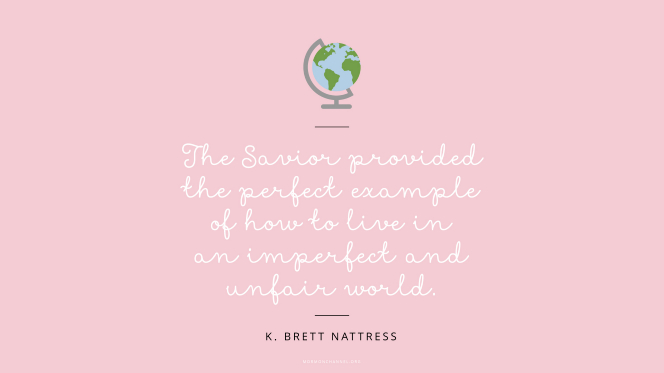
Talk with your doctor or cancer care team
If brain problems cause trouble at work, talk
with your doctor to try and pinpoint what’s causing your brain fog and what can
be done about it. This is especially important for people with chemo brain that
lasts more than a year and keeps causing trouble in their daily lives.
It helps a lot if you have a diary or log of
the situations you have trouble with. It also helps to know some of the things
that make the problem worse or better. For instance, are they worse in the
morning or evening? Do you have more trouble when you are hungry or tired? Does
it help to nap, walk, or have a snack? Your doctor will want to know when the
problems started and how they affect your daily life.
- Write down questions about the
problems you have. Take them to your appointment along with your memory
tracking log to talk over with your doctor. Ask what may be causing the
problems, and find out if there’s anything the doctor can offer to help
you.
- Bring a list of all the
medicines you take, including herbs, vitamins, supplements, and those you
take on an “as needed” basis.
- Take a friend or family member
with you to help you keep track of what’s said during the visit. They can
also describe the changes they see if the doctor wants a different
viewpoint of how your brain problems are affecting you.
- If your memory and thinking
problems keep causing trouble in your daily life, ask your doctor if you
might be helped by a specialist such as a neuropsychologist or a speech
language pathologist. These professionals can test you and may recommend
ways to help you better handle the problems. (You may hear this
called cognitive rehabilitation.)
You may need to visit a larger hospital or
cancer care center to find experts on testing brain function, including chemo
brain. Ask if you can get a referral to one of these specialists who can help
you learn the scope of your problem and work with you on ways to manage it.
You’ll want to find out what your insurance will cover before you start.

Questions to ask your
doctor
These are just some of the questions you may
want to ask your doctor about chemo brain.
- Are there other medical
problems that could be causing my symptoms?
- Is there treatment for my
symptoms?
- What can I do to manage chemo
brain?
- Is there anything I can do to
help prevent chemo brain?
- Should I see a specialist? Can
you recommend one?
Can chemo brain be prevented?
So far, there is no known way to prevent chemo
brain. For some people, treating their cancer will mean trouble with thinking,
memory, planning, and finding the right words.
The causes of brain problems related to cancer
and its treatment are still being studied. Chemo brain seems to happen more
often with high doses of chemo and is more likely if the brain is also treated
with radiation. But because chemo brain is usually mild and most often goes
away in time, chemo that’s proven to work against the cancer should not be
changed to try to prevent this side effect.
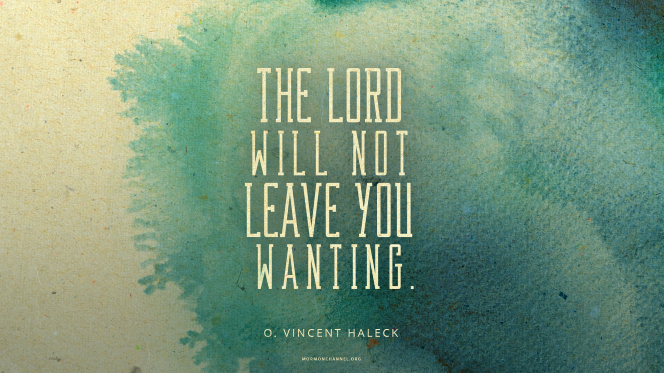
Wow! So, I
wasn’t muddled enough before my diagnosis – right!! I don’t know if I will ever
be without chemo brain, since I will be on some form of chemo for the rest of
my life. That’s ok though, my Heavenly Father and my Savior, Jesus Christ will
be there for me to fill in the gaps so that I will be able to manage each day
in the best way possible😊 isn’t it wonderful to have this
knowledge – that They are there for each of us, whenever we are in need. As
long as we do the very best we can and keep striving to become the person that
our Heavenly Father knows that we can become and truly wants that for each of
us, we can make it through these fires, through the fog and the cloudiness here
during our mortal life.

Remember,
never give up hope, and as Poppy (on the movie Trolls) and my good friend Linda
says, whenever we slip and fall due to things out of our control or due to mistake
and sins --- “get back up again!!” Know that you are a child of God and that He
will never leave you alone to go through these fires or through the fog and cloudiness
of our life’s experiences. Please remember too – what my mother told me, ‘The
Lord will never give you more than you can handle in this life,” but that alone
isn’t enough – He will never give you more than you can handle, with His help!! So be sure that you
call on Him, as He is always listening, waiting for us to call out for Him, to
reach up for Him, to embrace His love, acknowledge His Mercy, His forgiveness,
and so much more! if you want to understand more about God' love for each of you, follow the link below:
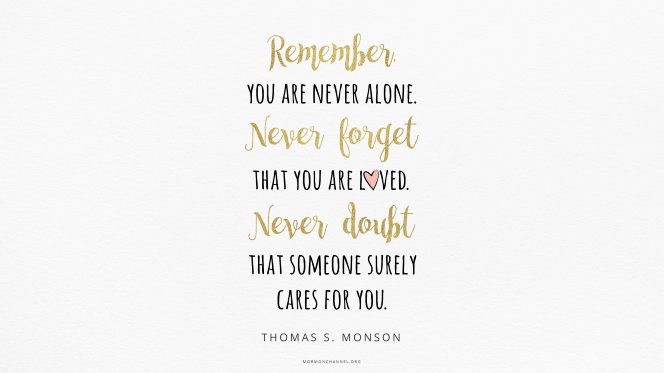
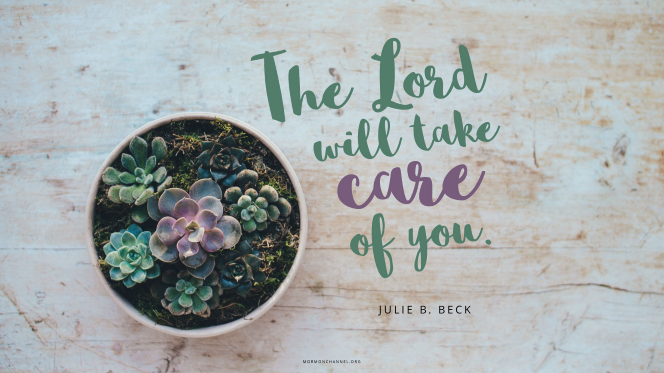
No comments:
Post a Comment